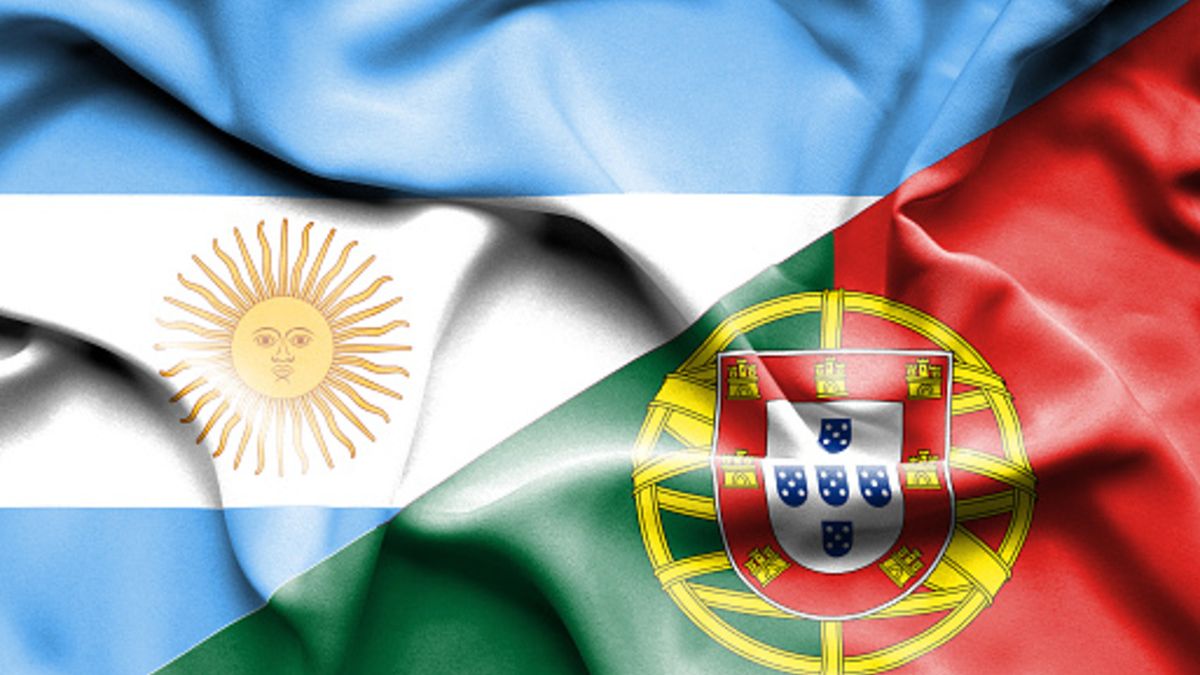Centeno observed external pressures on the prices of goods in 2021, which, in his opinion, “reflected the strong and general rise in the prices of energy and international raw materials” and the impact “of the disruptions in supply chains global distribution on the prices of various goods and transportation costs”.
In a statement, the entity explained that the differentiated impact of the crisis reflected the greater weight of some service sectors, “particularly tourism exports in Portugal”, for which “the support of economic policies was essential for the preservation of the productive capacity and for the sectorial recomposition”.
However, the Portuguese government refuses to promote wage increases to “not feed the inflationary spiral” with a CPI that exceeds 7%. With the largest price increase since 1993 (7.2% in April), António Costa, the Prime Minister of Portugal, has been clear: “We are not going to embark on the illusion that purchasing power is increased and inflation is fought only with increases in income.”
The socialist has found an ally in Mario Centeno, who was his finance minister and now holds the position of governor of the Bank of Portugal, and who this week called for “caution” with salary increases.
But the experts consulted by EFE agree that this policy will lead to a real loss of purchasing power for the Portuguese in a country, they say, where wages are already low. The average monthly gross remuneration per worker amounted to 1,361 euros in 2021, according to data from the Portuguese National Institute of Statistics (INE).
In Europe, Portugal is moving away from its neighbors on the western flank and is increasingly aligned with the East: it is the sixth country of the Twenty-seven with the lowest average monthly salary, only ahead of Latvia, Poland, Lithuania, Hungary, Romania and Bulgaria, notes Eurostat.
The importance of the Minimum Wage
Portugal should be closer to countries like Spain given the level of interconnection between the two economies, economist José Reis, from the University of Coimbra, tells EFE, explaining that “average wages are low compared to other countries and have been getting closer and closer to the minimum wage.
Since they took office, the Socialists have opted for a policy of improving the minimum wage, which has gone from 505 to 705 euros between 2015 and 2022, almost a 40% increase. But this increase has not been transferred to the rest of remuneration and, according to a recent report by the INE, in the last seven years the average salary barely grew by 16%.
“The Government has been very successful in increasing the minimum wage, but a growing imbalance is created with the average wage,” agrees economist Pedro Martins, from Nova SBE, who considers it a “very incomplete” strategy and it is necessary to increase productivity and improve public services.
He also warns that the situation will worsen if salaries do not keep up with inflation: “There is going to be a loss of real performance of the workers”, assures EFE.
And the measures announced by the Government to combat inflation, such as tax cuts on fuel, “are not enough” to avoid wage loss, warns José Reis.
What happens in Portugal is not very unrelated to what happens in Argentina. With Vice President Cristina Kirchner’s speech last Friday, the debate on how wages accompany economic growth is further opened. The loss of purchasing power since 2017 accumulates a fall of 20%. Unregistered wages are the most affected, while the Minimum Vital and Mobile Wage will be around $47,000 in December. The dilemma about wages and inflation is open in Argentina.
Source: Ambito
David William is a talented author who has made a name for himself in the world of writing. He is a professional author who writes on a wide range of topics, from general interest to opinion news. David is currently working as a writer at 24 hours worlds where he brings his unique perspective and in-depth research to his articles, making them both informative and engaging.




